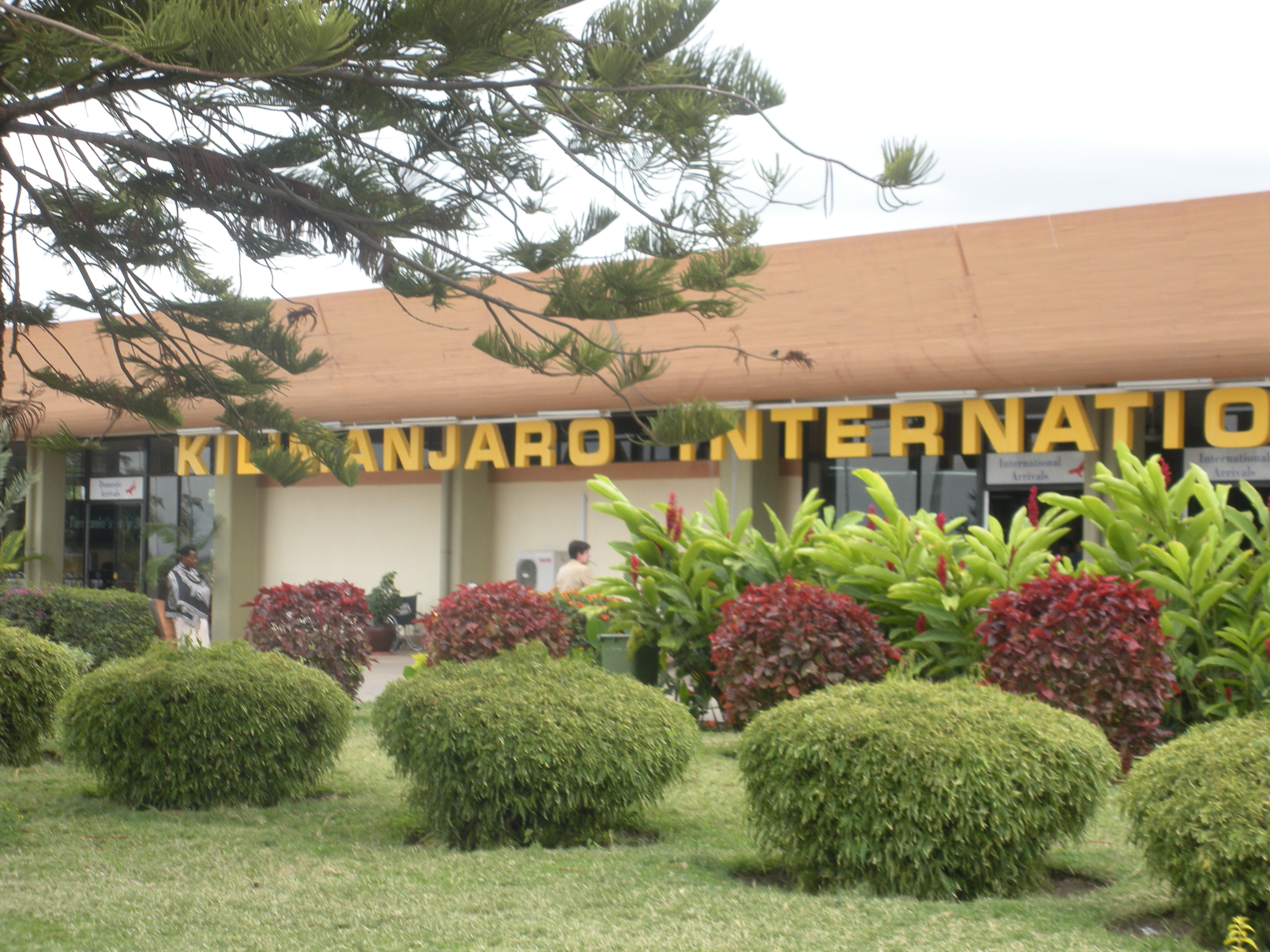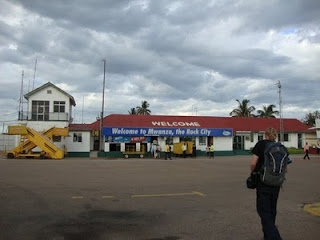We all know how I love lists. I have notebooks that literally have
only lists in them. Like, they are full of lists. It's a manifestation of my OCD on many levels, but it works for me. I delight in other people's lists, too -- lists don't have to be my own to bring me pleasure.
I recently read on
a friend's blog that he has only read four of the books on the following list of
100 Must-Read Books from the BBC. According to the meme, the average is supposed to be six. After searching around on the internet for more info about this list, I discovered fairly definitively that
it isn't actually a BBC list, but rather a Facebook meme based in part on a list by the BBC.
Regardless, as a girl with an English degree, I had to check it out and test myself. So it's confession time; maybe I'm not very well-read at all! Below,
bold titles are books I have read.
Italicized titles are books I've read part of but never completed. The others, I've never read at all.
1
Pride and Prejudice - Jane Austen
2
The Lord of the Rings - JRR Tolkien
3
Jane Eyre - Charlotte Bronte
4
Harry Potter series - JK Rowling
5
To Kill a Mockingbird - Harper Lee
6
The Bible
7 Wuthering Heights - Emily Bronte
8 Nineteen Eighty Four - George Orwell
9 His Dark Materials - Philip Pullman
10
Great Expectations - Charles Dickens
11
Little Women - Louisa M Alcott
12 Tess of the D’Urbervilles - Thomas Hardy
13 Catch 22 - Joseph Heller
14
Complete Works of Shakespeare
15
Rebecca - Daphne Du Maurier
16
The Hobbit - JRR Tolkien
17 Birdsong - Sebastian Faulk
18
Catcher in the Rye - JD Salinger
19
The Time Traveler’s Wife - Audrey Niffenegger
20 Middlemarch - George Eliot
21
Gone With The Wind - Margaret Mitchell
22
The Great Gatsby - F Scott Fitzgerald
23 Bleak House - Charles Dickens
24 War and Peace - Leo Tolstoy
25
The Hitch Hiker’s Guide to the Galaxy - Douglas Adams
26 Brideshead Revisited - Evelyn Waugh
27 Crime and Punishment - Fyodor Dostoyevsky
28 Grapes of Wrath - John Steinbeck
29
Alice in Wonderland - Lewis Carroll
30 The Wind in the Willows - Kenneth Grahame
31 Anna Karenina - Leo Tolstoy
32 David Copperfield - Charles Dickens
33 Chronicles of Narnia - CS Lewis
34
Emma - Jane Austen
35 Persuasion - Jane Austen
36 The Lion, The Witch and The Wardrobe - CS Lewis
37
The Kite Runner - Khaled Hosseini
38 Captain Corelli’s Mandolin - Louis De Bernieres
39 Memoirs of a Geisha - Arthur Golden
40
Winnie the Pooh - AA Milne
41 Animal Farm - George Orwell
42
The Da Vinci Code - Dan Brown
43 One Hundred Years of Solitude - Gabriel Garcia Marquez
44 A Prayer for Owen Meaney - John Irving
45 The Woman in White - Wilkie Collins
46
Anne of Green Gables - LM Montgomery
47 Far From The Madding Crowd - Thomas Hardy.
48 The Handmaid’s Tale - Margaret Atwood
49
Lord of the Flies - William Golding
50 Atonement - Ian McEwan
51
Life of Pi - Yann Martel
52 Dune - Frank Herbert
53 Cold Comfort Farm - Stella Gibbons
54
Sense and Sensibility - Jane Austen
55 A Suitable Boy - Vikram Seth.
56 The Shadow of the Wind - Carlos Ruiz Zafon
57
A Tale Of Two Cities - Charles Dickens
58
Brave New World - Aldous Huxley
59
The Curious Incident of the Dog in the Night-time - Mark Haddon
60 Love In The Time Of Cholera - Gabriel Garcia Marquez
61 Of Mice and Men - John Steinbeck
62 Lolita - Vladimir Nabokov
63 The Secret History - Donna Tartt
64
The Lovely Bones - Alice Sebold
65 Count of Monte Cristo - Alexandre Dumas
66 On The Road - Jack Kerouac
67 Jude the Obscure - Thomas Hardy
68
Bridget Jones’s Diary - Helen Fielding
69 Midnight’s Children - Salman Rushdie
70
Moby Dick - Herman Melville
71 Oliver Twist - Charles Dickens
72 Dracula - Bram Stoker
73
The Secret Garden - Frances Hodgson Burnett
74 Notes From A Small Island - Bill Bryson
75 Ulysses - James Joyce
76
The Bell Jar - Sylvia Plath
77 Swallows and Amazons - Arthur Ransome
78 Germinal - Emile Zola
79 Vanity Fair - William Makepeace Thackeray
80 Possession - AS Byatt.
81
A Christmas Carol - Charles Dickens
82 Cloud Atlas - David Mitchell
83
The Color Purple - Alice Walker
84 The Remains of the Day - Kazuo Ishiguro
85 Madame Bovary - Gustave Flaubert
86 A Fine Balance - Rohinton Mistry
87
Charlotte’s Web - EB White
88
The Five People You Meet In Heaven - Mitch Albom
89 Adventures of Sherlock Holmes - Sir Arthur Conan Doyle
90 The Faraway Tree Collection - Enid Blyton
91
Heart of Darkness - Joseph Conrad
92
The Little Prince - Antoine De Saint-Exupery
93 The Wasp Factory - Iain Banks
94 Watership Down - Richard Adams
95 A Confederacy of Dunces - John Kennedy Toole
96 A Town Like Alice - Nevil Shute
97 The Three Musketeers - Alexandre Dumas
98
Hamlet - William Shakespeare
99
Charlie and the Chocolate Factory - Roald Dahl
100 Les Miserables - Victor Hugo
So I have read 28 of the books on this list. Thirteen others, I have read parts of or started and never finished. That makes a whopping 59 that I have never picked up or read a word from. Doesn't sound very good for someone who calls herself an "avid reader" does it?
As a short explanation, I often hated the books we were required to read in school (both high school and college). I still maintain to this day that a book that is not enjoyable shouldn't be in the oft-taught literary cannon.
Moby Dick, for example? Truly one of the most boring pieces of fiction I have ever been asked to read. Classic novel, though.
It would be interesting to look a century or two into the future and find out what books being published today will make it onto future must-read lists. Will they be books that people actually enjoy reading, or books that make it on the list for some other reason?







































